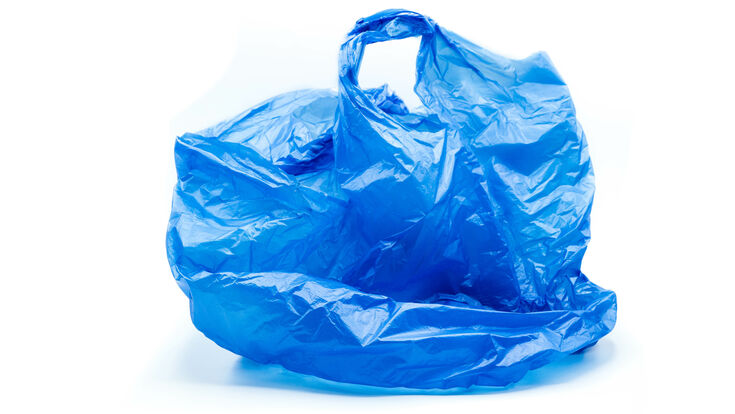Plastic Packaging : British retailers tackle excess plastic packaging

Covid-19 did not only disrupt regular social life but also affected consumer choices. During this time, mismanagement of food plastic packaging was prevalent. In order to ensure food safety, manufacturers relied excessively on single-use plastics in order to mitigate the potential risk of disease.
In the UK, this led the government to suspend its 5p charge on disposable plastic bags for home delivery in March 2020. Retailers such as Tesco, Sainsbury’s, Morrison’s and Asda rolled out plastic egg cartons during the same time period as stock couldn’t keep up with the demand for egg boxes made from carton. Loose vegetables and fruit were purchased less as well on account of the potential contamination risk.
Reduce single-use plastic
On the whole, however, retailers are still keen to meet sustainable goals when designing and implementing flexible packaging. Retail chain Waitrose intends to reduce the amount of single-use plastic contained within its own packaging by twenty percent by the end of 2021 while aiming for a reduction of fifty percent by 2025. Another of its goals, to be executed by 2023 is rendering all of its own-brand packaging either widely recyclable, reusable or home compostable. Waitrose now fills bananas into biodegradable rather than plastic bags, experimenting with home compostable versions of fruit adhesive stickers while teaming up with suppliers to determine whether existing infrastructure can handle new types of recycling material.
Solutions to the plastic packaging crisis are not always this handy. Frozen food giant Iceland struggled with developing packaging solutions, with ‘nine out of ten trials ending in failure’ as Richard Walker, Managing Director at Iceland Food, terms it. One such instance was an attempt to replace the plastic bag around bananas with a paper band, a solution that led to even more food waste in the end as it failed to preserve the produce itself.
Different types of plastic packaging
Plastic packaging is not one size fits all-the accommodation of different needs such as strength and air-tightness often requires the mixing of multiple plastics within a single item. The hybrid nature of plastic packaging in turn can affect its recyclability. Achieving the balance between convenience and sustainability can be considered the primary challenge of the plastic packaging industry, one openly acknowledged by Claire Hughes, Sainsbury’s director of product and innovation.
Sainsbury has pledged to reduce the 120,000 tonnes of plastic it uses each year to half that number by 2025. The retail chain has also begun to pick up the slack of local city councils by inviting customers to return their polyethylene and polypropylene flexible film for recycling, commonly used for salad bags, frozen food, biscuits and cake wrappers, as these are often ineligible for recycling at council recycling centres.
A report from the EIA and Greenpeace UK found that the top ten supermarkets in the UK had collectively flooded the market with 896,853 tonnes of single-use plastic in 2019.
